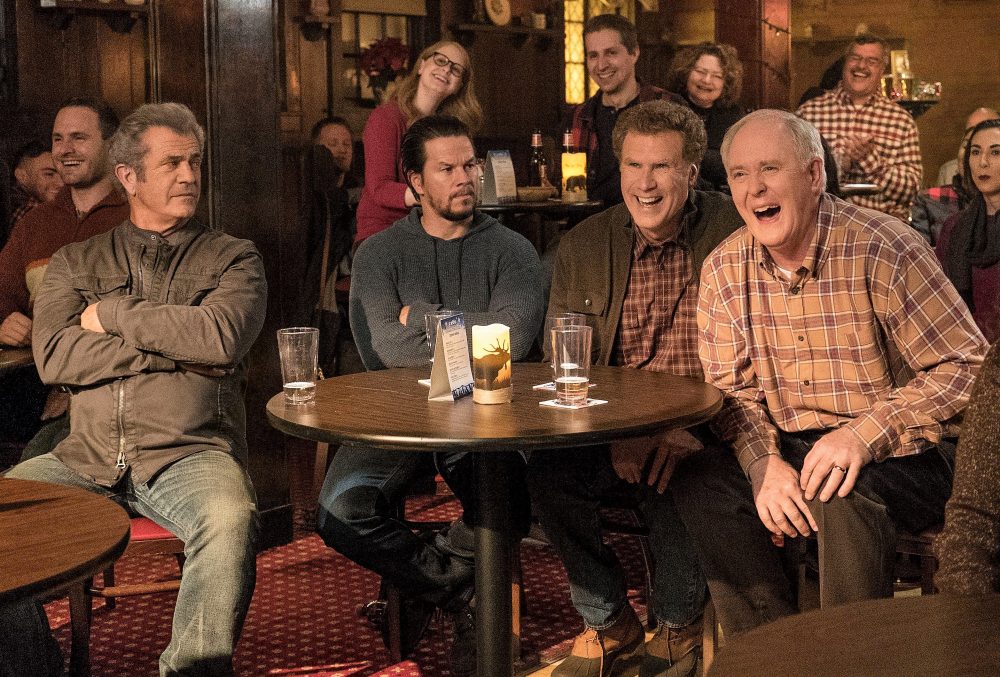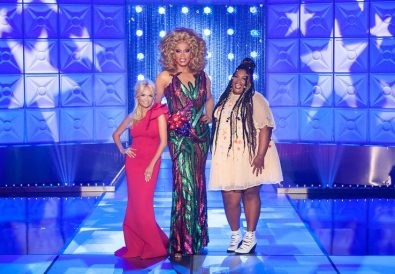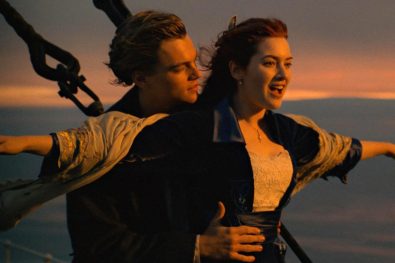This morning The Hollywood Reporter tweeted something interesting in the wake of the box office success of Daddy’s Home 2. “With #DaddysHome2, Mel Gibson is once again family-friendly,” they posted. To which the rest of us responded: “Are you fucking kidding me?”
I think we’re all familiar with Mel Gibson’s past: in 2006, an anti-Semitic and misogynistic tirade made by him in the wake of a DUI went public. On top of this, he has a history of domestic violence. And yet, 11 years after the fact, and as we begin to see the cracks in the foundation that so readily held up men like Harvey Weinstein, Louis CK, Kevin Spacey, and every other predator in Hollywood, certain members of the mainstream press are opting to celebrate Gibson’s “comeback.”
I was lucky enough to engage in a conversation on Twitter today with someone who asked me when’s “too soon.” When do we forgive? Do we forgive? What if the person in action served their time? Took 11 years off? Should men who are dangerous be given a second chance?
Obviously, I don’t have the answer to this question because I am one person and the world is massive and I’m a grudge-holder, and I never find it difficult to stay mad at a person worthy of my anger for actual years. (See: Mad Men’s Don Draper saying, “I don’t think about you at all.”) But I do feel like we need to begin equating sexual violence, harassment, and abuse to other crimes we’d do more than blink at. Would we forgive someone who walked into our home and set it on fire? Because the thing is, when we dismiss harassment/abuse/assault and hail one’s comeback in the wake of their (their!) lowest point (“lowest point”), we’re sending the message to victims that their own experiences are to be dismissed, too. We’re saying that despite the trauma they went through, we still prioritize the accessibility of seeing a famous person’s face on a big screen.
And that’s where we’re going wrong. That’s the climate that stokes the realities we’re finally being confronted with. That’s prioritizing the professional success and redemption of an offender (regardless of whether or not they’ve even tried) over the mental, emotional, and physical well-being of those who’ve endured them. That’s rape culture. That’s toxic masculinity. That’s what enables and empowers offenders enough to think they can get away with it; that it’s fine, it’s all fine, as long as they say they didn’t mean to be adored so much and sorry-but-without-saying-sorry and when can I, Woody Allen, release my new movie. And then that trickles down and sends the message to every other predator: you can get away with it too.
Which is a bummer. Isn’t that exhausting? I know it is. Welcome to hell (see: this year/this life/the last 2017 years). And for me, the easiest way to combat this anger is not to forgive but to certainly forget I ever truly cared about them, because choosing not to invest my time in movies made by and starring predators means that I get to see a little less of them. I don’t think Mel Gibson deserves a comeback, just for managing to still exist 11 years after we decided to hate him. I don’t think Kevin Spacey deserves a comeback or Louis CK or Johnny Depp or any of the men who had no desire to change until they got caught. But again, to forgive is personal. Maybe it helps you. It doesn’t really help me. Burn it all down, give jobs and opportunities to those who don’t get off on using their power to hurt other people. Save your praise for those who worked hard to better themselves and not just as a means of saving face in a PR crisis. Don’t give your money to those whose sexism and anti-Semitism is as prevalent as their role in Braveheart.












